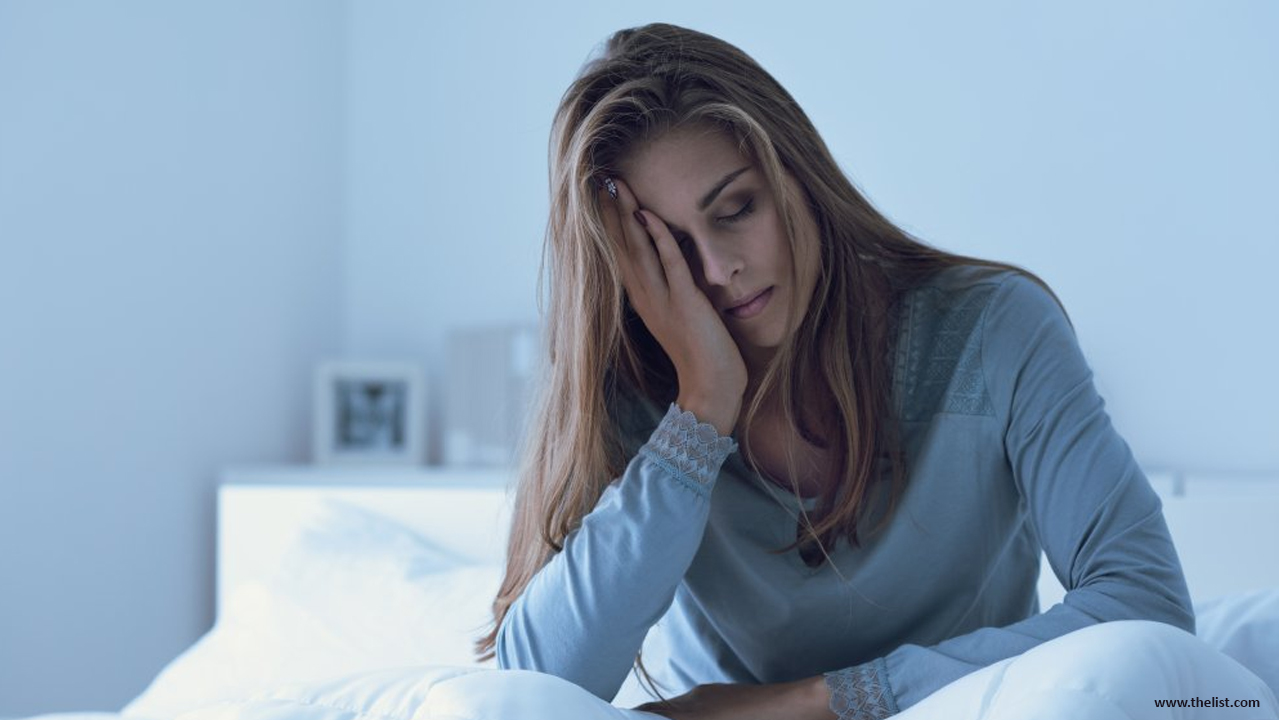Insomnia is a sleep disorder in which you have trouble falling and/or staying asleep. Having 8 hours of sleep daily is vital for leading a good life. Insomnia is mainly divided into 2 parts, which are primary insomnia and secondary insomnia. Insomnia affects women more than men, and older people more than younger ones.
Between 10% and 30% of adults have insomnia and up to half of people have insomnia in a given year. About 6% of people have insomnia that is not due to another problem and usually lasts for more than a month. People over the age of 65 are affected more often than younger people.
Causes of Insomnia
- Stress-related to big life events or occasions
- Many distractions in the household surroundings like loud noise, light causing glare and temperature fluctuations
- Rapid change in sleeping patterns
- Can be hereditary as well
- Mental health issues like depression and anxiety
- Medications for colds, allergies, depression, high blood pressure, and asthma
- Pain or discomfort
- Caffeine, tobacco, or alcohol use, as well as use of illicit drugs
- Other sleep disorders, like sleep apnea or restless legs syndrome
- PMS and menopause
Sleeping during the daytime is known to be one of the most common insomnia problems, so it's better to plan a good timetable and execute it, leading to an active life . Insomnia can be hereditary, and sleeping pills do not cure insomnia. Insomnia can be fatal, and women are more likely to get it.
Tips to deal with insomnia
- Avoid chemicals that disrupt sleep such as caffeine, nicotine, alcohol, etc.
- Eat lighter meals at night and stay awake for at least two hours before bed
- Stay active and exercise but it's advisable to do it during the day
- Take a hot shower before sleeping
- Avoid screening a couple of hours before bed
- Stick to a sleep schedule
- Avoid or limit naps
- Drinking warm milk before bed and avoiding large meals before bed
Insomnia is a very common disorder which is having difficulty falling asleep. Waking up during the night and having trouble going back to sleep, and waking up too early in the morning are the most common effects seen during insomnia. People with insomnia, for example, may have 10 fold higher risk of developing depression than people who get a good night's sleep

 Insomnia has way more in-depth information than it seems to be. Acute is known to be a short-term sleep disorder, whereas chronic is long-term insomnia. Acute insomnia lasts from a few nights to a few weeks. Insomnia is chronic when it happens at least 3 nights a week for 3 months or more.
Insomnia has way more in-depth information than it seems to be. Acute is known to be a short-term sleep disorder, whereas chronic is long-term insomnia. Acute insomnia lasts from a few nights to a few weeks. Insomnia is chronic when it happens at least 3 nights a week for 3 months or more.









.jpeg)








.png)
.png)

.png)
.png)
.png)

.png)
.png)
.png)

.png)
.png)